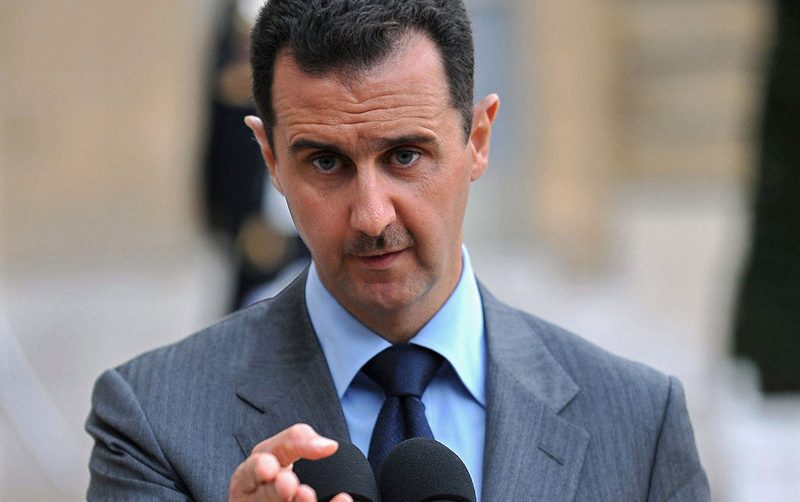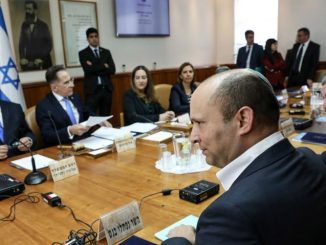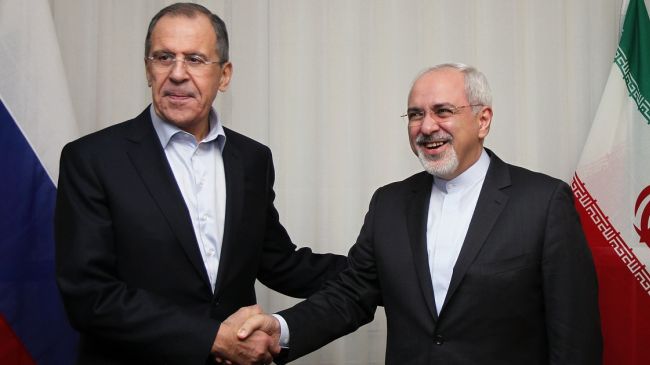
One of the conundrums in negotiations to end the Syria crisis is how to persuade Bashar Al-Assad to accept the results. Until now he has rejected the Geneva plan for a political transition at the end of which he would leave office.
The recent offensive in Aleppo, where regime forces surrounded the rebel-held eastern half of the city, was at least partly designed to undermine any prospect of Al-Assad exiting. Such a decisive gain, the president surely felt, would make it difficult for anyone to push for his removal from power.
In this context an interesting new idea has purportedly been raised recently: the establishment of a military committee that would precede any Syrian political transition. It is unclear whether the project has legs, but according to Al Araby al-Jadeed daily, which first wrote about it, the idea is being discussed by the United States and Russia.
The proposal is an interesting one – not least because it could unblock Geneva by persuading both sides that they could achieve what they want.
For Al-Assad’s foes, anything that moves the transition process forward may be viewed as worthwhile, especially as the committee is likely to be headed by a military officer acceptable to all sides. In this regard, the newspaper reported, two names are circulating: Manaf Tlass, a Sunni and the son of the former defence minister Mustapha Tlass, who moved to France in 2012; and Ali Habib, an Alawite former defence minister who left Syria in 2013, because he is said to have opposed the regime’s militarization of the repression against the opposition.
Al-Assad might see a military committee as a way of circumventing a political transition away from him. By ensuring that such a committee had a majority of pro-Assad officers, he could possibly use it to retain power indirectly, neutralize a political changeover and pacify the international community until he can again consolidate his gains.
However, there is a risk factor for Al-Assad. Despite claims from many people (including me) that Russia is seeking to move away from the president, the evidence remains thin.
Partly, that’s because president Vladimir Putin feels that such a transition is risky and could bring down the entire security edifice on which Russian interests in Syria depend. Indeed, Moscow’s assistance in the battle for Aleppo suggests Putin is not seriously contemplating removing Al-Assad today.
Then again, a military committee could represent a way out of this dilemma. One assumes that most of its officers would also be pro-Russian – or that Putin would ensure that this was the case. If Al-Assad were official to step down, this would generate momentum the Russians could exploit to end the conflict, while also reassuring their Syrian military and security allies that the committee ensured they would not suffer from his exit.
In that way authority could move from the Syrian president to a committee of officers, eventually creating an opening to bypass the political transition outlined by Geneva. That’s the idea, at least.
Al-Assad, fearful that this mechanism may be used to ease him out permanently, will look at it warily if it is ever floated publicly by Russia and the United States – unless there are sufficient safeguards allowing for his return.
Much is ambiguous about the committee, or even whether such a scheme is regarded as viable by Washington and Moscow. However, that it is being discussed confirms there is a problem with the Geneva talks, which are looking more unrealistic by the day.
Indeed, in recent weeks there have been many signs that the Assad regime is regaining legitimacy in the eyes of western countries. As it has been reported, Turkey is interesting in normalizing relations with Syria. Italian and Syrian intelligence officials are said to have met in Rome and Damascus, a European parliamentary delegation visited Damascus last weekend, and the United States has proposed military cooperation with Russia against one of Al Assad’s most potent enemies, Jabhat Al Nusra.
The reality is that no one in the international community is pushing hard for the Syrian president’s departure, therefore Russia feels little impetus to do so itself. Even Al-Assad’s enemies in the Gulf and Turkey are too preoccupied with other matters now to focus on removing him.
If anything, the Syrian president’s weakness is his strength. For as long as Al-Assad is politically fragile, his remaining in office is more palatable to the outside. Nor do his crimes make any difference. He has been massacring the civilian population for five years, to the utter indifference of most countries.
Syria will remain a black mark on the international order for years to come. That the idea of putting in place a military committee to run Syria may be making headway is further validation of this.



